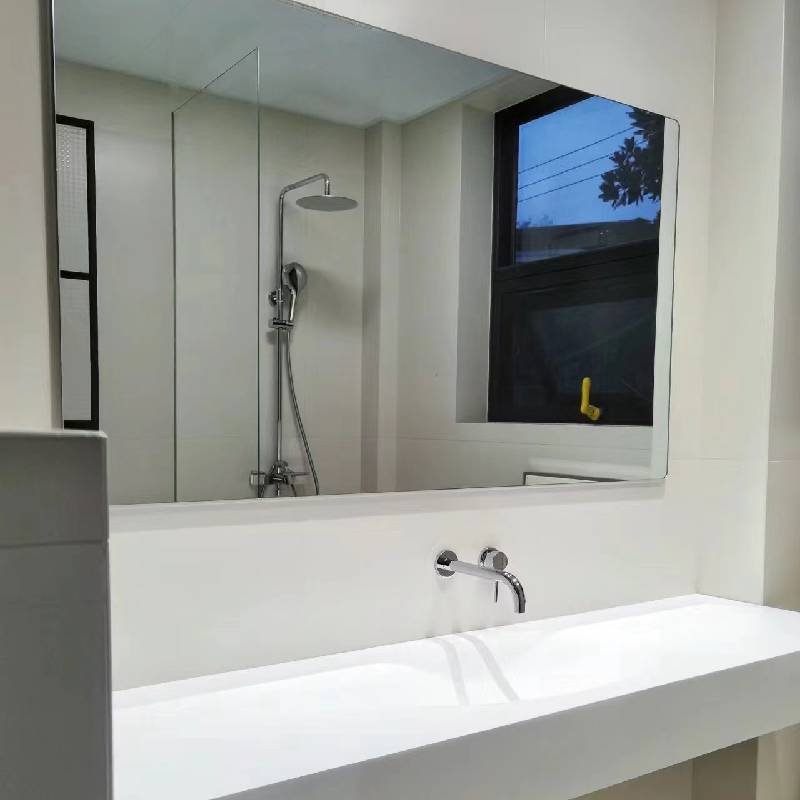

The Aesthetics and Functionality of Float Glass Panels
Float glass panels have become increasingly popular in various applications due to their unique manufacturing process and outstanding qualities. This article explores the characteristics, applications, and benefits of float glass, emphasizing its importance in modern architecture and design.
Understanding Float Glass
Float glass is created through a high-quality manufacturing process that involves melting raw materials such as silica sand, soda ash, and limestone. The molten glass is then floated on a bed of molten tin, allowing it to spread into a uniform thickness. This floating method results in a smooth, flat surface that is free from distortions and imperfections. Because of its exceptional clarity and translucence, float glass is often considered a premium choice for a variety of applications.
Properties of Float Glass Panels
One of the standout features of float glass panels is their optical clarity. Unlike other types of glass, float glass possesses minimal tint or color, allowing for maximum light transmission. This quality makes it an excellent choice for windows and storefronts, where visibility and aesthetics are paramount. Additionally, float glass is resistant to scratches, making it suitable for high-traffic areas, such as commercial buildings and retail environments.
Another important property of float glass is its strength. Although considered fragile in nature, when appropriately treated, float glass can withstand significant forces. Heat treatment, tempering, and lamination can enhance its structural integrity, enabling it to be used in applications where safety is essential, such as in facades, railings, and skylights.
Applications of Float Glass Panels

Float glass panels are extensively utilized in architecture and interior design due to their versatility. In residential settings, they are commonly used in windows, doors, and partitions, creating an open, airy feel that enhances natural light. Homeowners often choose float glass for shower enclosures and glass railings, as its transparency can make spaces appear larger while maintaining safety and functionality.
In commercial settings, float glass plays a vital role in creating attractive storefronts that showcase products and invite customers. Glass facades are not only visually appealing; they also promote energy efficiency by allowing natural light to illuminate interiors, thus reducing the need for artificial lighting during the day.
Moreover, float glass is widely used in the production of mirrors. The smooth surface of float glass provides a perfect reflection, making it ideal for both functional and decorative mirrors in homes, restaurants, and hotels. Additionally, innovative technologies have led to the development of low-emissivity (low-E) float glass, which reflects infrared light and helps maintain indoor temperatures while still allowing visible light to pass through.
Environmental Considerations
As sustainability becomes a crucial aspect of modern design, float glass panels offer several environmental benefits. The production of float glass can be optimized to reduce energy consumption, and its longevity means that it does not need to be replaced frequently, reducing waste. Furthermore, float glass is fully recyclable, contributing to a circular economy. Glass can be reprocessed into new products, minimizing the environmental impact associated with manufacturing.
Conclusion
Float glass panels stand out for their exceptional clarity, strength, and versatility in various applications. From residential properties to commercial buildings, they enhance aesthetics while providing functional benefits. As technology advances, innovations in float glass manufacturing and treatment are likely to deliver even greater performance and sustainability. This makes float glass an integral material in modern architecture and design, aligning beautifully with the needs of contemporary society for both functionality and eco-friendliness. In a world that increasingly values transparency and sustainability, float glass panels offer a compelling solution that meets the demands of today’s architectural and design challenges. As the construction industry continues to evolve, float glass will undoubtedly play a significant role in shaping the way we build and experience our environments.